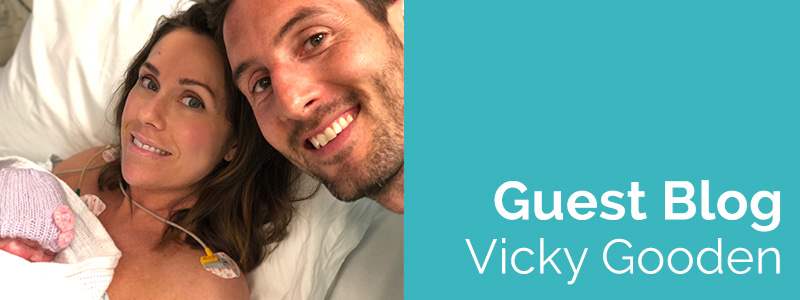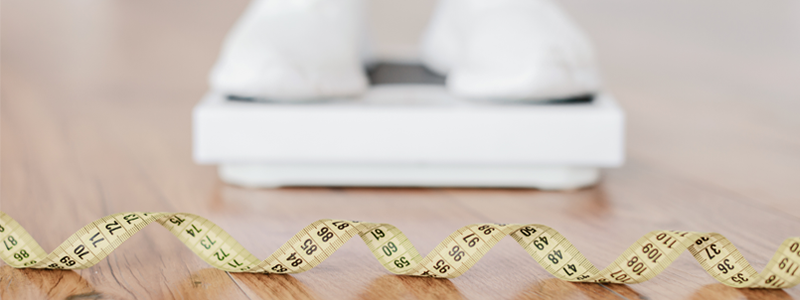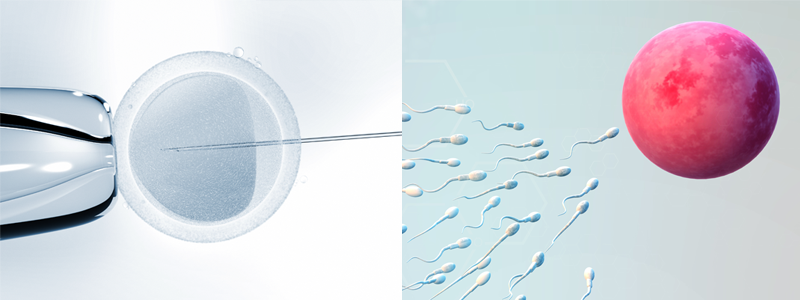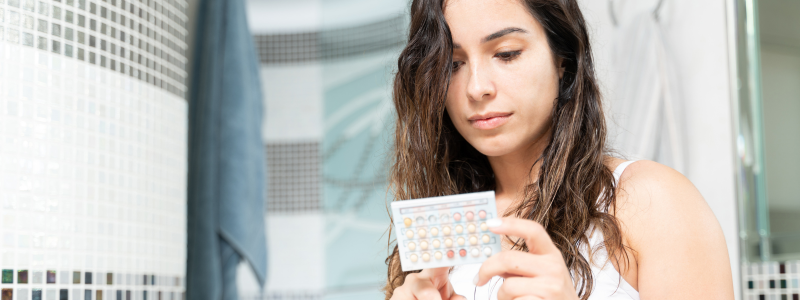Back in 2016, a surgeon operated on me to diagnose and treat endometriosis. Post surgery, when I asked him if there was anything else I could be doing to increase my chances of falling pregnant naturally, a question I am used to those of Western medical practice to scoff at, without hesitation he gave me the number of a local acupuncturist.
I have written on my own blog before about how I am a huge fan of Eastern medicine and practice. But I especially love marrying them with Western techniques where they are said to compliment one another.
So when a Western doctor suggested an Eastern technique for harmonising body and mind and aiding to support my fertility, I didn't need convincing to follow up on his suggestion.
Up until this point in my fertility journey, I had invested in reflexology sessions, something I also really enjoyed for the balancing and stress relieving benefits, but had never had acupuncture, save for on a crook, tense neck in the past.
I made the call to the acupuncturist who held clinics in a neighbouring town and we spoke for a while about my health, goals and lifestyle before I made my first appointment. Already there and then via that one phone call, I felt listened to and a bit more in control of my own health.
When we met, I was greeted by a bright yet calm lady with a beaming smile. Her name was Hannah. Unfortunately she has since relocated back to Australia where she is from, but I feel so lucky to have had her expertise support and guide me through infertility, IVF and early pregnancy.
Hannah explained to me the benefits of acupuncture with regards endometriosis and infertility and as I saw her weekly, she also joined me on the road to IVF and pregnancy.
What you can expect during a session
I’m the type of ‘patient’ who asks a lot of questions. I was intrigued by Hannah’s routine checks of my tongue and wrist pulses at every appointment, which would then dictate her specific approach and selection of needle points. She would use the beginning of each acupuncture appointment to ask me questions about my health that week and how I felt that very moment. No two sessions were the same because traditional Chinese medicine (TCM) and acupuncture believe in treating the whole self and a person’s presentation at that particular time. Some sessions I would arrive very stressed so more points to calm me and the buzzing adrenaline and cortisol in my body would be applied. Other times my endometriosis would be flaring up so she would administer the rather beautiful moxa therapy to my pelvic area.
I loved the way that I felt completely nurtured and that my whole body was being treated, not just a set of symptoms. If my feet were cold during a session a little heater would be placed underneath them due to the correlation between cold feet and a cold womb.
If you’re trying to conceive, you’ve likely been told countless times to ‘just relax and it’ll happen’, I know I was. But when the months and years roll by and still no baby, the ability to relax wanes somewhat. Acupuncture for me, was a sure way to calm my body and mind. When I was left alone on the bed once all the needles had been gently tapped in around my body, Hannah would leave me with soothing music or sometimes fertility affirmations to listen to. She would tell me to visualise the inside of my womb as an inviting, warm and capable environment for implantation to take place. Sometimes I would be so relaxed that I would drift in and out of light sleep and more often than not I would notice that I was smiling. It was absolute bliss.
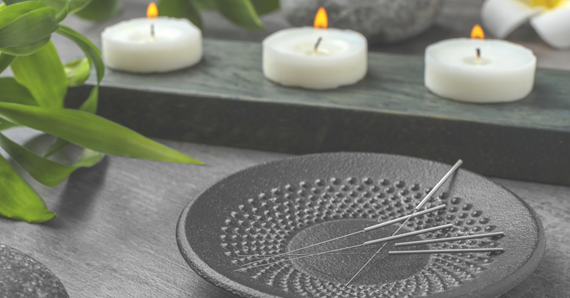
Why acupuncture?
In this ever connected world and with lives busier than ever, I truly believe we are losing the ability to really relax. To be mindful in the here and now and I think this is a huge factor in peoples overall health, including fertility. In my opinion, if our bodies are lacking rest, if our minds flip between what has happened in the past and what might happen in the future and if we rarely take a moment to reset and soften, we are expecting far too much of ourselves. We are overloaded.
And acupuncture for me, took a load off.
In an interview with Hannah, she explained to me:
“...Studies now show that acupuncture lowers the heart rate, slows breathing rate and lessens the rate at which cortisol is released from the adrenals, which is the hormone responsible for the fight or flight response we have to stress. Decreasing the bodies breathing rate communicates to the adrenals that the body isn’t under stress, allowing it to commence its natural self-healing abilities. Acupuncture produces an anti-inflammatory reaction, which assists in reducing pain, aids wound healing and treats inflammatory conditions such as endometriosis and PCOS.”
Aside from the stress relieving aspects though, Hannah explained to me that through work on certain points and getting to know my menstrual cycle, acupuncture could also:
a) regulate my cycles and achieve healthier periods. Periods with fresh red blood, not the old stuff.
b) regulate my hormones
c) stimulate blood flow to my reproductive system to better nourish it
d) relieve my endometriosis pain and perhaps help breakdown the build up e) help thicken the lining of my womb for successful embryo implantation to occur
Hannah also explained that “Acupuncture is now proven to increase follicular count, eggs retrieved, endometrial lining thickness, pregnancy rates and live birth outcomes. It can also assist male factor infertility”.
Acupuncture and IVF
IVF can make you feel so out of control. You are pinning your hopes on the expertise of the clinic staff, praying that they are seeing you as an individual case and you follow their protocols and you take the medication at exactly the suggested times. You do as you’re told because this is something you cannot input on or make suggestions about. I needed to gain some control back. I needed to do things to make me feel as though I was positively contributing to the desired outcome so that I could look back whatever that may be and know that I gave it my all.
Turning to weekly acupuncture alongside IVF gave me something to focus on that was mine, along with diet and mindfulness.
Through the IVF process, I truly believe that my womb became healthier, with a thicker lining partly due to acupuncture. Following advice from Hannah, when the time would come for embryo transfers I would see her the day before and the day after to have acupuncture. On the successful round that resulted in our darling baby girl, I had points left in my ears and wrists that I could wear at home, in the shower etc. They were to help calm and ground me and whenever I felt anxious in the wait to see if I was pregnant, I would gently press into those points to help them do their magic.
I talk a lot about assembling your team when you are undergoing IVF, and for me, an acupuncturist played a pivotal role in mine.
How to select an acupuncturist
I would research those near you that have experience in treating those with sub fertility. I would also have an initial chat on the phone if possible to see if you get a good initial feeling from the practitioner and then I would visit their practice, even just for a look before deciding to book an appointment. It’s really important that you feel comfortable with the person and the setting as if you decide to have regular sessions throughout your mission to achieve parenthood you could be spending a lot of time together. You want to feel at ease.
Recommendations from people you trust are also a great way to help your selection.
More info
You can read my full interview with Hannah on my blog here.
Hannah worked in a clinic called Ginger Natural Health in St Albans, Hertfordshire and on the odd occasion that she was on leave when I needed a session I would see either a lady called Bea or a lady called Larissa, both of which I very highly recommend.


